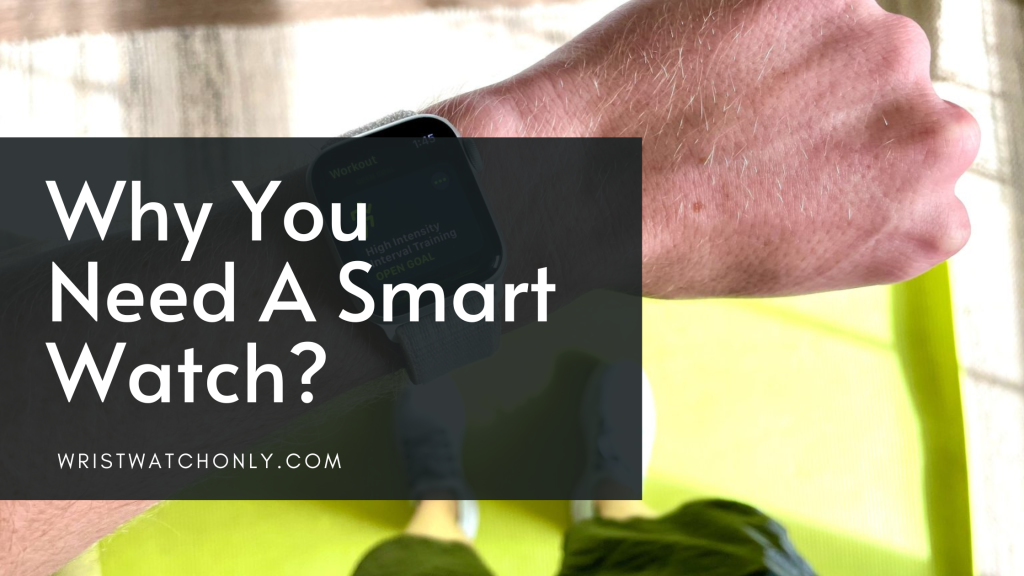What Is Space Time?
Do you know you never meet anyone at a place except at a particular time? In the same way, you meet people at a place always at a specific time. This is what is called Space Time.
What Is The Time In Space?
Every regular watch works in Space. Whether in the International Space Station (ISS), on Mars or on Moon, quartz, mechanical or automatic watches will work.
All you need to remember is to set your watch to the Universal Coordinated Time (UTC) because a regular 24-hour day and night on Earth would not apply.
Typical Watches Worn In Space
Today, only the Fortis Cosmonauts Chronograph is the official watch for space travel worldwide. The Swiss watch passed all tests and was awarded an exclusive 25-year contract by Russia’s space agency exclusively.
The OMEGA Speedmaster was officially certified for space missions and Extravehicular Activity (EVA) in 1965 by NASA. NASA tested a number of watches fearing a free fall in space prior to the Apollo program and the OMEGA Speedmaster passed this test.
This watch is specifically great for spacewalking.
Before the certification, the Speedmaster ref, CK 2998 had been the first OMEGA watch worn in space in 1962 by astronaut Walter Schirra on the ‘Sigma 7’ mission of the Mercury Program.
A master clock is also available for use by astronauts in spacecraft to schedule work, eating times and sleep periods.
Theory Of Relativity
According to Einstein’s theory of relativity, the faster you move, the slower time ticks for you relative to an observer. Also, the closer you are to the Earth’s surface and gravity, the slower time ticks for you relative to an observer.
However, your clock still ticks normally and this is a property of the Fabric of Space and Time under these conditions of speed and the strength of the gravitational field.
Ever thought of how we get precise times on Earth? The Global Positioning System (GPS) satellites that make this possible lie in the Middle Earth Orbit, which is farther away from Earth and above the ISS.
It can be easily concluded that GPS time ticks faster relative to Earth.
Time signals from the GPS are pre-corrected to compensate for Einstein’s theory of relativity to suit our space-time continuum on Earth.
Facts About The International Space Station, ISS
The International Space Station is a multi-nation laboratory in low Earth orbit, LEO owned by five space agencies.
They are The National Aeronautics and Space Administration, NASA, The State Space Corporation, Roscosmos, The Japan Aerospace Exploration Agency, JAXA, The European Space Agency, ESA, and The Canadian Space Agency, CSA.
The International Space Station, ISS lies in the Low Earth Orbit about 400 km (250 miles) above Earth’s surface in Space as the majority of other satellites. This should imply the time in ISS should be slower since it is further away from the earth’s gravitational pull.
In spite of that, the ISS travels at about 28,000 kilometers (17.500 miles) per hour. This incredible speed is necessary for the ISS to stay up with the Earth since it experiences about 90 % of Earth’s gravity.
As a result, the ISS experiences 16 sunrises and 16 sunsets every 24 hours on Earth. Each day on the ISS is comprised of 90 minutes to go around the Earth, 45 minutes day and 45 minutes night.
An astronaut can also experience scenic views from space from the cupola of the ISS where they can view a full day in 90 minutes.
Impact Of Time In ISS On Astronauts?
Our human bodies are accustomed to the light and darkness patterns or Circadian rhythms that follow the 24-hour cycle on Earth. Waking up to sunlight and sleeping at night. Astronauts are unable to get a healthy and refreshing sleep even after 8 hours of sleep.
To help replicate a day-night on ISS as on Earth, scientists have employed the usage of Solid-State LED lights that emit different light wavelengths at varying intensities.
Furthermore, scientists adopt a time zone, Universal Coordinated Time (UTC), to keep everyone synchronized in their work.




